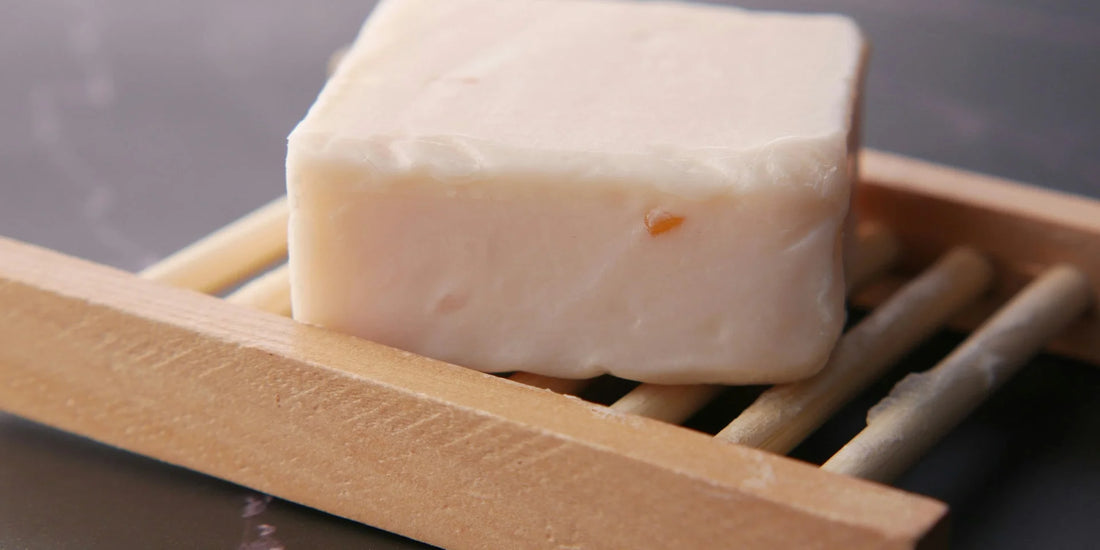
Stearic Acid: The Essential Ingredient for Quality Bar Soap
Share
Stearic acid, a highly versatile fatty acid, is critical in formulating various products, including bar soaps. This article delves into stearic acid, its origin, and its exceptional benefits to bar soap, including its vegan and organic variations.
What is Stearic Acid?
Stearic acid is a naturally occurring long-chain fatty acid in animal and vegetable fats. It's a white, waxy solid with a mild odor and is water-insoluble.
chemical_formula = "C18H36O2" # This is the chemical formula for stearic acid.
Stearic Acid Origin
The name "stearic acid" originates from the Greek word "stear," which means fat, the substance it was first obtained from. Today, it's derived from various sources, including palm oil, soy oil, animal fat, etc.
Animal-Source Stearic Acid
Stearic acid derived from animals typically comes from the fat of poultry, cows, and pigs. The fat is processed and purified to extract stearic acid.
Vegetable-Source Stearic Acid
Vegetable-based stearic acid is produced from palm or other plant oils like coconut or soy. These plants have a high concentration of stearic acid in their fat content.
Importance of Stearic Acid in Bar Soap
Stearic acid plays a crucial role in bar soap manufacturing. It's used for its hardening properties, helping to create a solid bar soap that won't dissolve quickly when exposed to water.
- Hardening Agent: Stearic acid is a critical ingredient in soap production. It helps in creating a firm and long-lasting soap bar.
- Stabilizing Lather: Stearic acid also contributes to the lather stability in soaps, ensuring the soap produces a rich and creamy foam.
- Moisturizing Properties: Though not a primary moisturizer, it helps in the overall moisturizing effect of soaps, contributing to a soft and smooth skin feel post-use.
Stearic Acid in Vegan Bar Soap
While stearic acid can be obtained from animal sources, it's also available from plant sources, making it suitable for use in vegan bar soap.
Stearic Acid in Organic Bar Soap
The use of vegetable-based stearic acid aligns with organic bar soap production principles. Organic soaps prioritize plant-derived ingredients and avoid synthetic additives, making stearic acid an ideal component.
"Using stearic acid derived from organic sources ensures our soaps remain natural and of high quality." - Organic Soap Manufacturer.
Safety and Considerations
Stearic acid is generally considered safe for topical use. However, like any ingredient, it may irritate some individuals, particularly those with sensitive skin. Always patch-test new skincare products before full use.
Conclusion
In conclusion, stearic acid is a vital ingredient in bar soap production. Whether it's a standard, vegan, or organic bar soap, including stearic acid ensures a firm quality product, lathers well, and offers a pleasing post-use skin feel. Its versatility and benefits make it a much-valued component in the soap-making industry.
